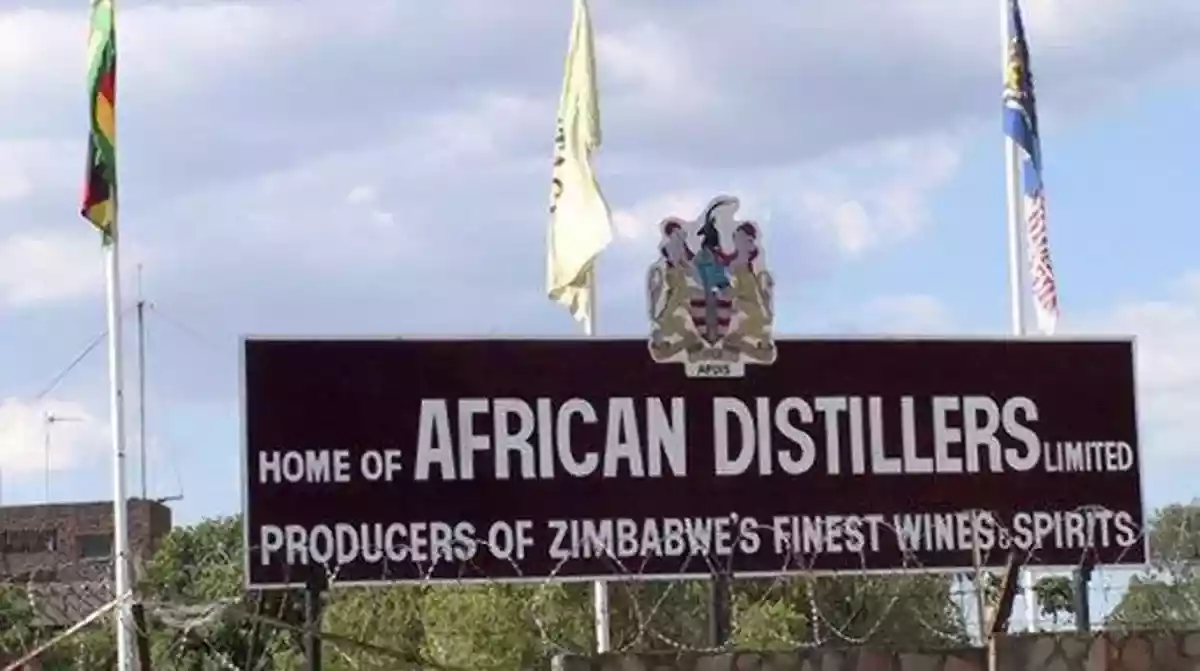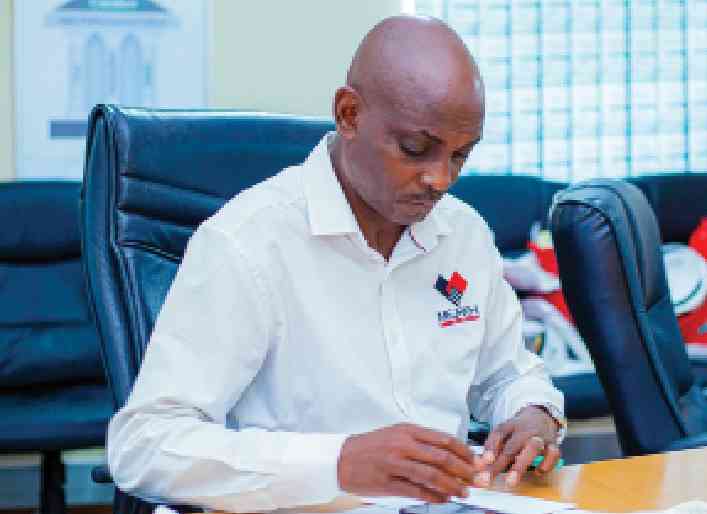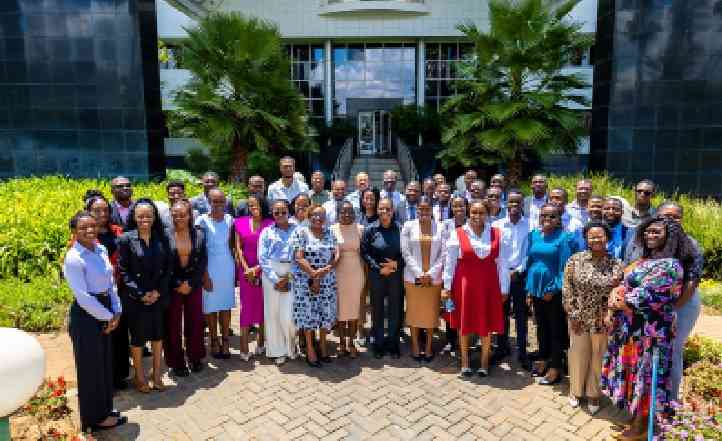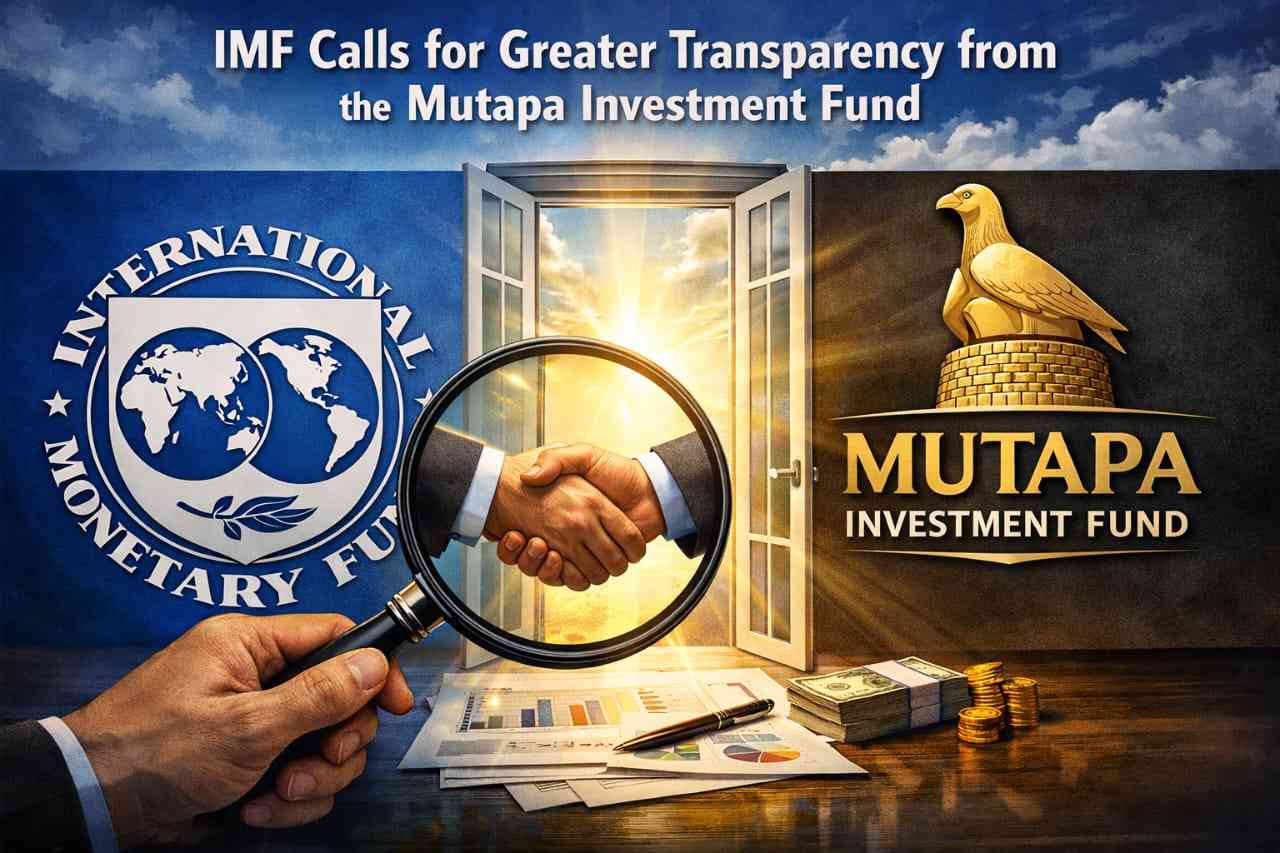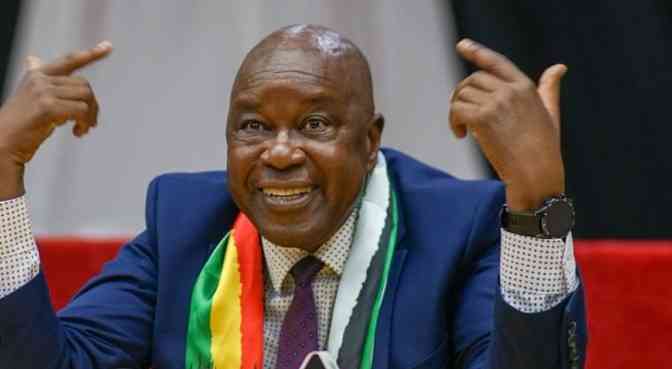
WHEN two people decide to get a divorce, it is not a sign that they do not understand one another, but a sign that they have at last begun to.
A divorce is always a tragedy. At the same time, if people with irreconcilable differences stay together it can be even worse.
The 18-month marriage between Kingdom Financial Holdings Ltd (KFHL) and Meikles Africa Ltd (MAL), the shortest in Zimbabwe’s corporate history, is now over following the de-merger on Monday.For some reason, a divorce or de-merger is seen as a sign of failure, despite the fact that each of the involved parties has a right, and an obligation, to rectify any other mistake they make in life and make informed and rewarding decisions in future.“The whole debacle shows that Old Mutual was right in its stance to the merger, which they resisted. It was not a wise merger of four companies in various industries,” an analyst said this week.“The merger was impractical in the first place because what synergies do you get by putting together a bank, a tea grower and manufacturer, a cotton ginner, hotels and supermarkets,” fumed a shareholder who attended the de-merger.The motion to de-merge KMAL was issued by Strive Masiyiwa’s Econet Wireless Holdings Ltd (Econet), the largest institutional investors with a 10% stake in Kingdom Meikles Africa Ltd (KMAL). Former KMAL chief executive officer, Nigel Chanakira thanked Econet, especially chairman Tawanda Nyambirai, for their “solid support”. His remarks showed that he was against the de-merger. He is now said to be laying the groundwork for heavy funding requirements in the post de-merger era.At the EGM chief executive Chanakira began his speech by asking God to help stakeholders of Kingdom Meikles.He said there was still value embedded in the companies in spite of the conflicts.An approval of the de-merger was inevitable after former KMAL chairman John Moxon, whose family is the majority shareholder in Meikles Africa, was allowed to vote during the extraordinary general meeting after his lawyer Sternford Moyo of Scanlen & Holdeness successfully challenged his specification. All four resolutions – the disposal of KFHL shares, the distribution of KFHL shares, listing of KFHL on the Zimbabwe Stock Exchange and change of name received a 98% vote in favour. The minority did not object.The investigator into the alleged externalisation by Moxon, BCA Consultancy, had written two letters to EGM chairman Much Masunda before the EGM saying the Meikles family was not supposed to vote as the company had established externalisation deals “indirectly or directly”.Moyo however argued that the specification was a legal nullity because the minister who issued the specification order – Samuel Undenge – did not have legal authority to act as a minister at the time.He said the Moxon family was “purported” to have been specified when the Cabinet had been dissolved.“Therefore the specification on January 16 2009 is null and void,” said Moyo. Was the merger a positive move?There are too many examples of how mega-mergers have been disastrous around the world, and the authors of this merger seem not to have learnt the art of integration, which is key to the success of any merger. The unprecedented share rallies of concerned companies preceding the merger were enough signs showing a shadowy battle for control, and the collapse of the merged entity is just confirmation of the battle for control.The positive thing after the de-merger is that there were no huge material disruptions on the balance sheets of the concerned companies, largely because the merged entities were from different industries, otherwise it was going to be “messy and disgusting”. The merger was already distorting shareholder value as the valuation of this mammoth entity was complicated, and if it had survived, it still was going to be unbundled to unlock value. Analysts this week said the merger was an unwise decision that was driven by tactical ignorance, and the dictates of the capitalism brought it down. However what is important in Zimbabwe, and which is lacking, is strong minority shareholder activism and powerful fund managers. It was a good development because Chanakira will now focus on what he knows best – banking – while Moxon focuses on his passion which is what he will be controlling.  Empirical evidence has shown that de-mergers and the creation of conglomerates are not really the best option for creating value for shareholders. For instance it has been argued that a merger brings together very different individuals with different passions shaped by a long intimate history while building their businesses. When you put these entrepreneurs together their passions tend to collide and override all considerations and a clash is inevitable. Mergers do have other important advantages such as creating a bigger entity with bigger muscle to compete on a global scale. For shareholders it is an important step forward because the value that was trapped due to the dispute between the major shareholders had caused KMAL to be one of the worst performers on the stock market.  When KMAL heralded its entry into the market, the entity was the biggest conglomerate on the local bourse but it has now been dwarfed by six other companies on the local bourse. This will be unacceptable for shareholders who normally want to see value preservation and value creation for their shares.  After the storm KFHL will regain control of its Kingdom Stockbrokers (Pvt) Ltd, the Discount Company of Zimbabwe Ltd, and Kingdom Bank Ltd while Meikles will take charge of TM Supermarkets, hotels, Tanganda Tea Company and Cotton Printers (Pvt) Ltd. Some sources close to former KMAL chief executive officer Nigel Chanakira said he was happy with the de-merger as he could have lost his empire if the marriage had lasted.KFHL will now re-list on the Zimbabwe Stock Exchange (ZSE) as KFHL, while Meikles Africa Ltd will become Meikles Ltd. Chanakira will retain his position as chief executive officer of KFHL. It was not immediately clear if former KMAL chair John Moxon will retain his role as Meikles Ltd CEO as sources said he will be based in South Africa most of the time.In terms of the resolutions, Kingdom Meikles shareholders will get one KFHL share for every one held through a dividend in specie. In order to repay the US$22,5 million held in KFHL for capitalisation, the KFHL shares will be redeemed back as preference shares to Meikles Ltd.KML finance director Bryan Thorn said 234 million shares will be ring fenced to represent RBZ capital, which will be reallocated from KFHL to KML.KFHL’s equity stood at US$34 million including the US$22,5 million as at December 30 2008.Nyambirai said if more capital was needed once the transfer has been done “the board will know what to do”.Thorn said the group had Reserve Bank approval of the transaction but still needed engagement on capitalisation.Shareholders will receive what is called a dividend in specie for the value of their asset. A structure was worked out to simplify the whole de-merger by equating the number of issued shares in KFHL and KMAL resulting in a one for one dividend in specie. In essence for every one share already held in KMAL, shareholders will receive one share in KFHL.
BY PAUL NYAKAZEYA

